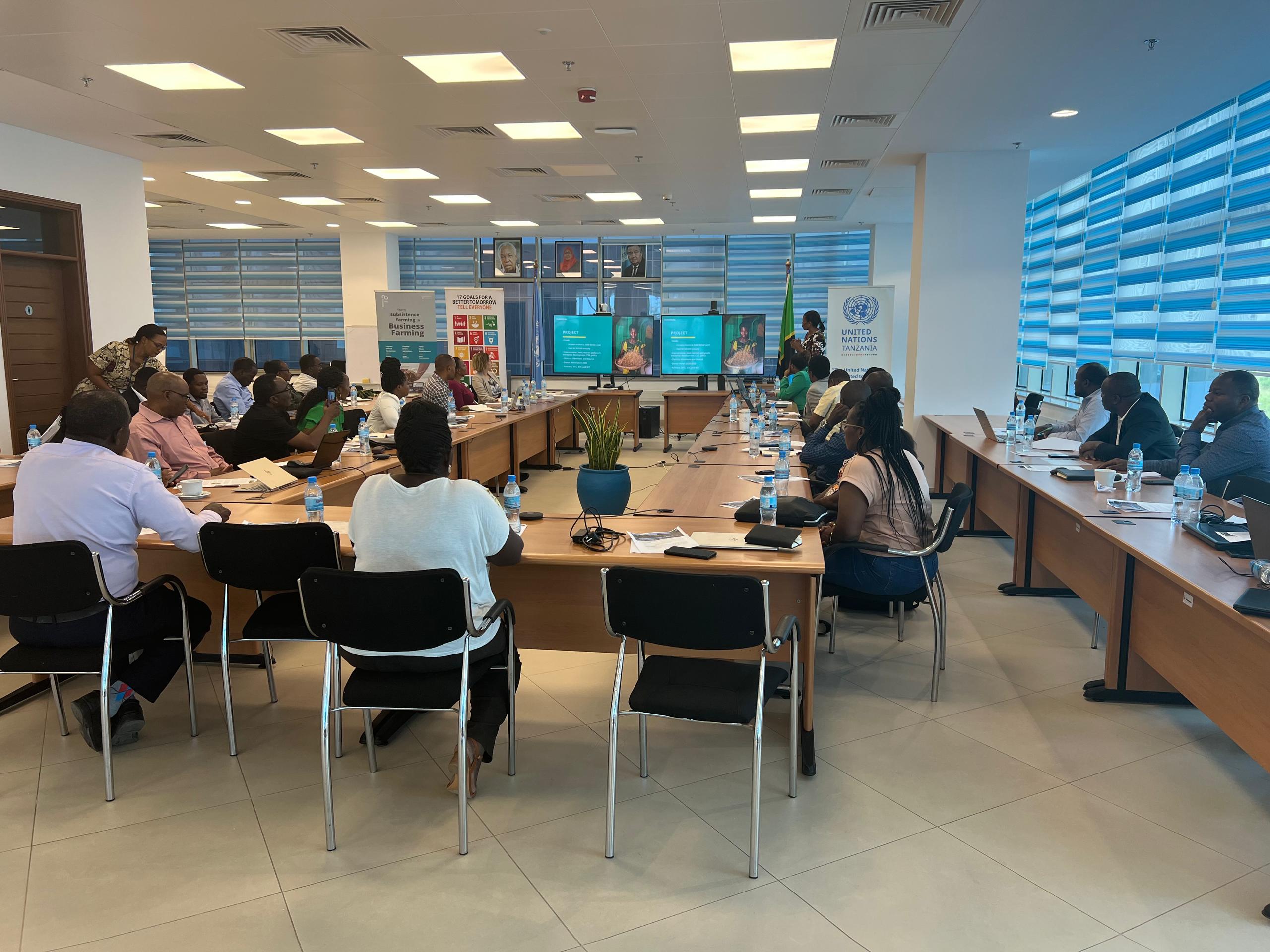Dar es Salaam
Norges Vel is gearing up to host a pivotal Rice Stakeholder Dialogue Meeting on September 24th, 2024, at the United Nations Tanzania. The focus of the event is to address significant challenges in Tanzania’s rice market, bringing together key industry experts, farmers, policymakers, and other stakeholders to discuss how to create a more inclusive rice business environment that benefits both smallholder farmers and the wider market.
In collaboration with the Farm to Market Alliance and the World Food Program, the event, titled “Addressing Rice Market Challenges for Inclusive Rice Business in Tanzania,” will provide a platform for examining the barriers faced by stakeholders in the rice value chain. Participants from over 30 organizations across Tanzania will engage in crucial discussions aimed at improving market accessibility, fostering inclusivity, and promoting sustainable business practices. These conversations are expected to generate actionable insights that will support the development of Tanzania’s rice sector and contribute to the country’s broader agricultural growth.
The session promises not only impactful discussions but also networking opportunities for participants. As this is the second Rice Stakeholder Dialogue Meeting, it reflects the ongoing commitment of Norges Vel to driving sustainable development within Tanzania’s agricultural industry.
In Tanzania, rice cultivation, trade, and value addition have been significant contributors to food security and nutrition, socio-economic development, foreign exchange earnings, and trade balance. The crop production and marketing activities directly influence the livelihoods of over two million people countrywide. About 30% of the rice produced in the country is consumed by rice farming households, while the remainder is sold in domestic and regional/export markets, with consumption being highest in larger urban areas.
The demand for Tanzanian rice has been increasing as the population grows and becomes more urbanized. This demand is driven not only by internal but also by external/export markets, as rice has become a major export crop in Tanzania in recent years. The rising demand creates opportunities for small-scale rice producers by encouraging improved production.
When harnessing this potential, improving efficiency in marketing is important, while also considering the profit share of small-scale producers. Access to efficient markets can lift small-scale rice producers out of poverty and enhance food security. Favorable marketing performance encourages farmers to produce more, adopt improved technologies, and increase the share of prices received by the farmers.
Unfortunately, small-scale producers still face various barriers in accessing markets, leading to limited bargaining power with different buyers. As a result, farm gate prices are depressed, and production incentives are distorted.
Norges Vel, in partnership with the Farm to Market Alliance, invites other like-minded organizations and private sector players to discuss and learn how small-scale producers can become more competitive in the rice market.
